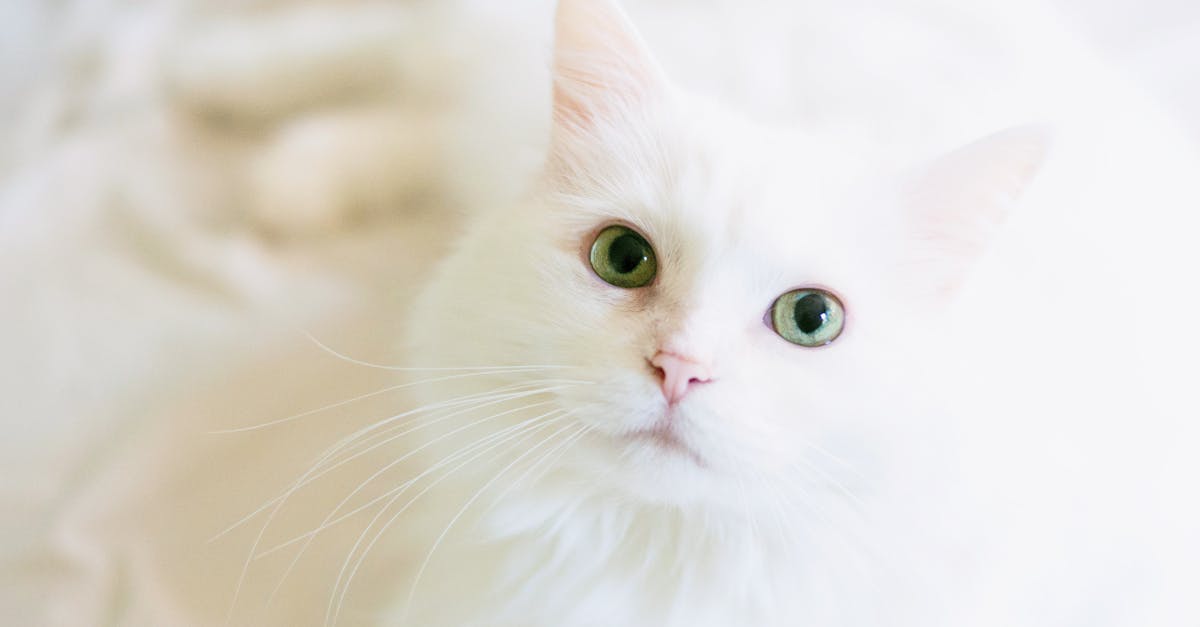Does your cat seem fascinated by your houseplants, often nibbling on leaves or even knocking over pots? While this behavior can be cute or amusing at first, it may leave you wondering why your feline friend is so drawn to plants and whether it’s safe for them. Understanding this curious habit is key to keeping your cat healthy and your greenery intact.
🌿 Why Do Cats Chew on Plants?
Cats chewing on plants is a fairly common behavior, but the reasons behind it can vary. Here are some possible explanations for this quirky habit:
- Instinctive behavior – In the wild, cats may chew on grass or plants to aid digestion or even to help expel hairballs.
- Curiosity – Cats are naturally curious creatures. They may nibble on plants simply to explore their texture or taste.
- Boredom – Without enough stimulation, cats may turn to plants as a way to pass the time.
- Nutritional deficiencies – In some cases, chewing on plants could signal a lack of specific nutrients in their diet, such as fiber.
- Attention-seeking – If chewing on plants gets a reaction from you, your cat might repeat the behavior to gain attention.
Understanding the motivation behind your cat’s plant-chewing can help you address it effectively. Let’s explore whether this habit is safe or potentially harmful.
🚨 Is It Safe for Cats to Chew on Plants?
While some plants are harmless, others can pose serious risks to your cat’s health. It’s important to identify the plants in your home and understand their potential effects on your pet.
- Non-toxic plants – Many plants, like spider plants and bamboo, are generally safe for cats to chew on. However, even non-toxic plants can cause mild stomach upset if ingested in large quantities.
- Toxic plants – Certain plants, such as lilies, poinsettias, and philodendrons, can be extremely dangerous for cats. These can cause symptoms like vomiting, diarrhea, difficulty breathing, or even kidney failure.
- Soil and pesticides – Even if a plant is safe, the soil or fertilizers it’s grown in may contain harmful chemicals that could make your cat sick.
If you suspect your cat has ingested a toxic plant, contact your veterinarian or an animal poison control hotline immediately. Early intervention is crucial for a positive outcome.
🧠 How to Tell If Your Cat Is Sick from Eating a Plant
Recognizing the signs of plant toxicity in cats can save their life. Watch for the following symptoms if your cat has been chewing on plants:
- Excessive drooling
- Vomiting or diarrhea
- Loss of appetite
- Lethargy or weakness
- Difficulty breathing
- Swelling or irritation around the mouth
According to the ASPCA, some toxic plants, like lilies, can cause kidney failure in cats if left untreated (source). If you observe any of these symptoms, seek veterinary care immediately.
🌟 Tips to Prevent Your Cat from Chewing on Plants
Preventing plant-chewing behavior is essential for both your cat’s safety and the health of your greenery. Here are some practical steps you can take:
- Choose cat-safe plants – Opt for non-toxic plants like Boston ferns, parlor palms, or prayer plants to reduce the risk of poisoning.
- Provide alternatives – Offer your cat safe options like cat grass or catnip, which can satisfy their urge to chew.
- Use deterrents – Apply pet-safe sprays, such as bitter apple, to your plants to discourage chewing.
- Keep plants out of reach – Place plants on high shelves or in hanging pots where your cat can’t access them.
- Increase stimulation – Provide toys, scratching posts, and interactive playtime to keep your cat entertained and reduce boredom.
By addressing the root cause of your cat’s plant-chewing, you can create a safer and more harmonious environment for everyone in your home.
🐾 When to Consult a Vet
While occasional nibbling on non-toxic plants might not be a cause for concern, it’s always a good idea to consult a veterinarian if:
- Your cat shows signs of illness after chewing on a plant
- The behavior becomes obsessive or destructive
- You’re unsure whether a plant in your home is toxic
- Your cat’s diet may need adjustment to address nutritional deficiencies
A vet can help identify any underlying issues and recommend solutions tailored to your cat’s needs.
FAQs
Q: Why does my cat chew on plants even though they have plenty of food?
A: Cats may chew on plants out of curiosity, boredom, or to satisfy an instinctive need for fiber, not necessarily because they’re hungry.
Q: How can I tell if a plant is toxic to my cat?
A: The ASPCA provides a comprehensive list of toxic and non-toxic plants on their website (source). Always double-check before introducing new plants into your home.
Q: Is cat grass safe for my pet?
A: Yes, cat grass is generally safe and can be a great alternative to houseplants. It’s specifically grown for cats to nibble on.
Q: What are some signs that my cat needs more stimulation?
A: Signs of boredom in cats include excessive meowing, destructive behavior, or over-grooming. Providing toys, puzzles, and interactive play can help.
References
Book a $49 online vet consultation at https://www.dialavet.com for fast, expert advice.






















